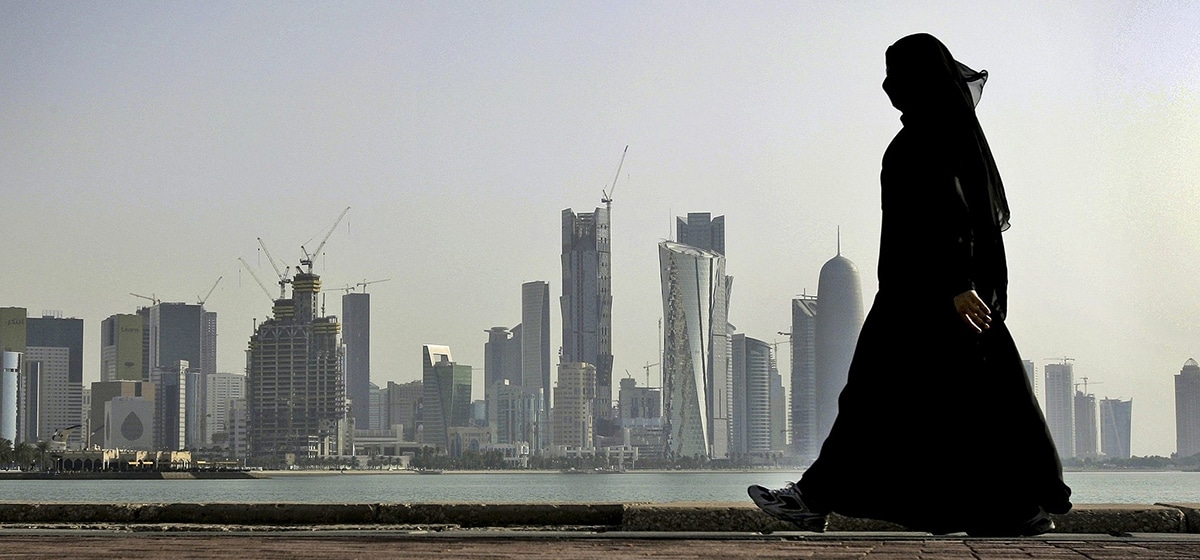
We live in a diverse world and it is that diversity that makes us so interesting as a species. Today we will see the Arabic culture, considering, but at the same time trying to get away from the image that the media usually give us about it.
Discover, learn, value, respect, those are the magic words for a good cultural coexistence. Today, then, Arab culture will be the protagonist of our article.
Arab culture
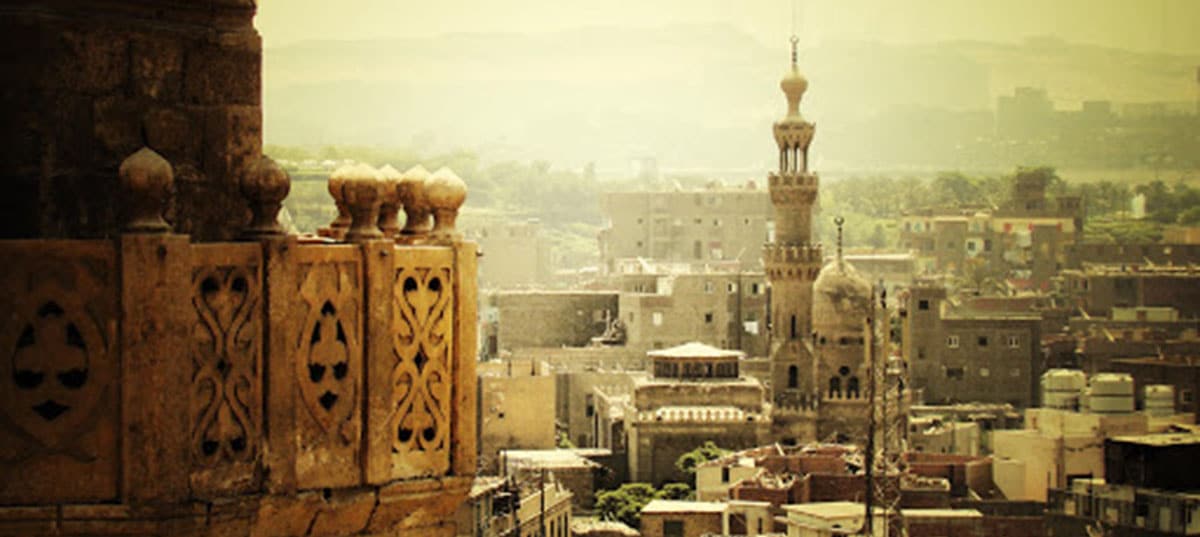
First you have to understand that Arab culture and Islam are closely related. According to the World Bank, by 2017, it was estimated that the Arab population of the world was 414.5 million distributed mainly in 22 countries they are in the Middle East and North Africa. Turkey and Iran are not in this group because they speak Turkish or Farsi.
Although there are other religions in the area Islam is the main religion, about 93% of the population is Muslim and Christians represent 4% in this same area. Islam is governed by the Quran, a book believed to have been revealed to the prophet Muhammad by God himself through the archangel Gabriel. Islamic law is known as Sharia and it has become an integral part of constitutions and even secular laws in many countries.
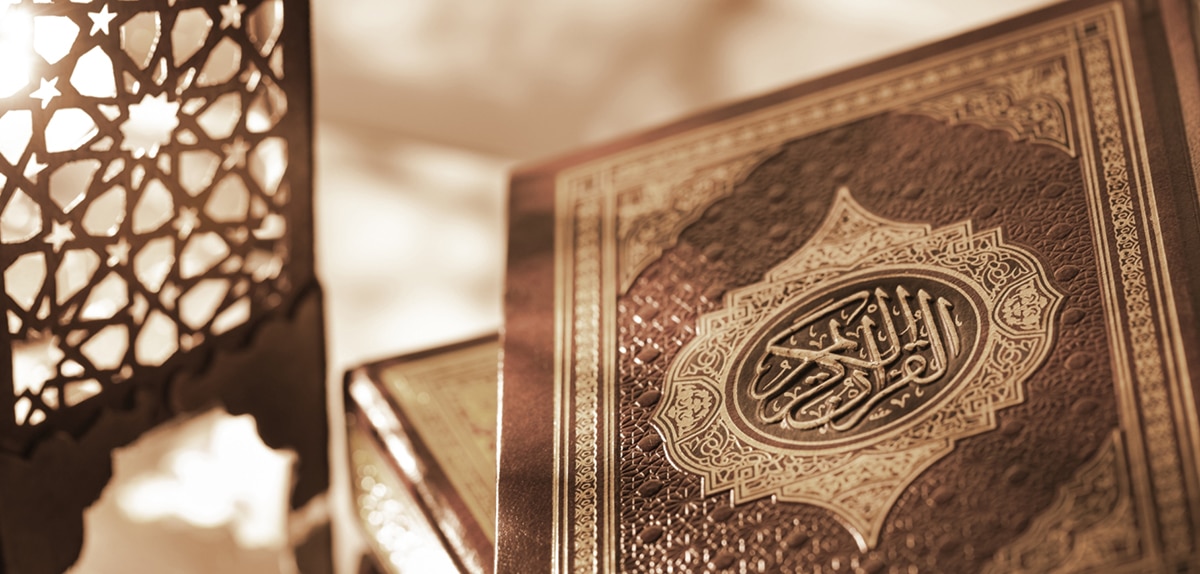
sharia, the way, is the basis of the entire Arab value system. It is divided into five sections: the establishment of justice, education, public and private morality, the prevention of individual difficulties in society, and the prevention of oppression. The truth is every Arab country interprets Islam differently, some being stricter than others even having capital punishment (cutting off the hands of thieves, for example).
The Muslims they pray five times a day and all life is organized around those five moments. Women in mosques dress modestly and cover their heads, everyone takes off their shoes and men and women remain separate. During the Ramadam, the ninth month, holy, according to the Muslim calendar, people fast from sunrise to sunset.
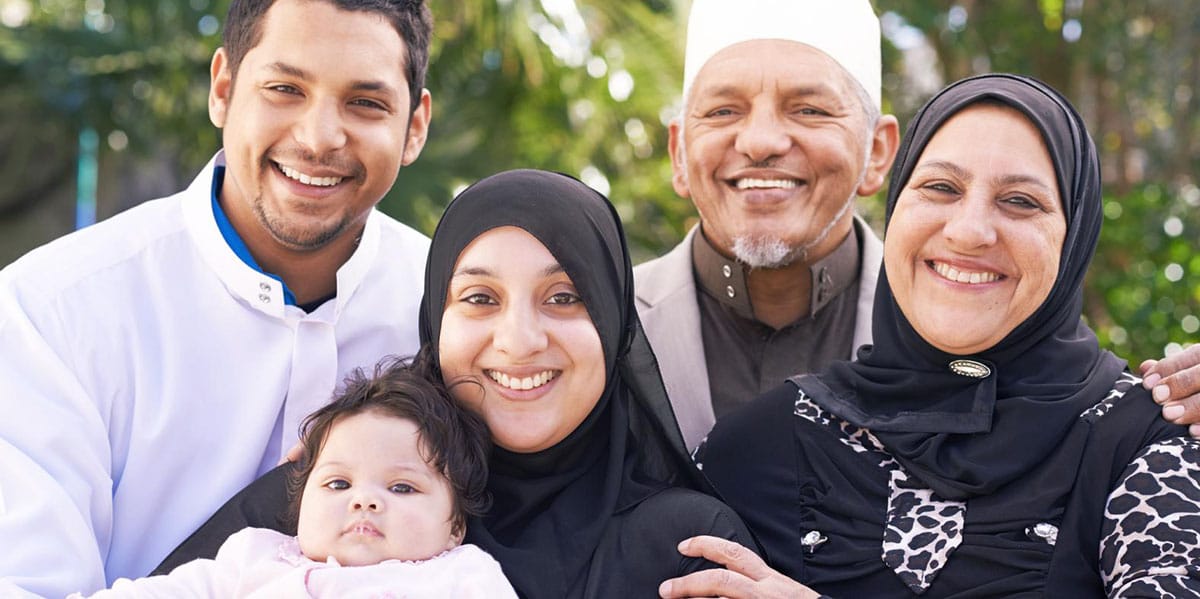
In Arab culture family is important and in a certain way the tribal connections, well of the clan, are maintained. The expression "My brothers and I against my cousins, my cousins and I against the stranger," paints them quite well. Genealogy is important too. Is a patriarchal culture in which the man takes care of his family and if he cannot, it is shameful. The mother has a traditional role and stays at home, raising the children, managing the home.
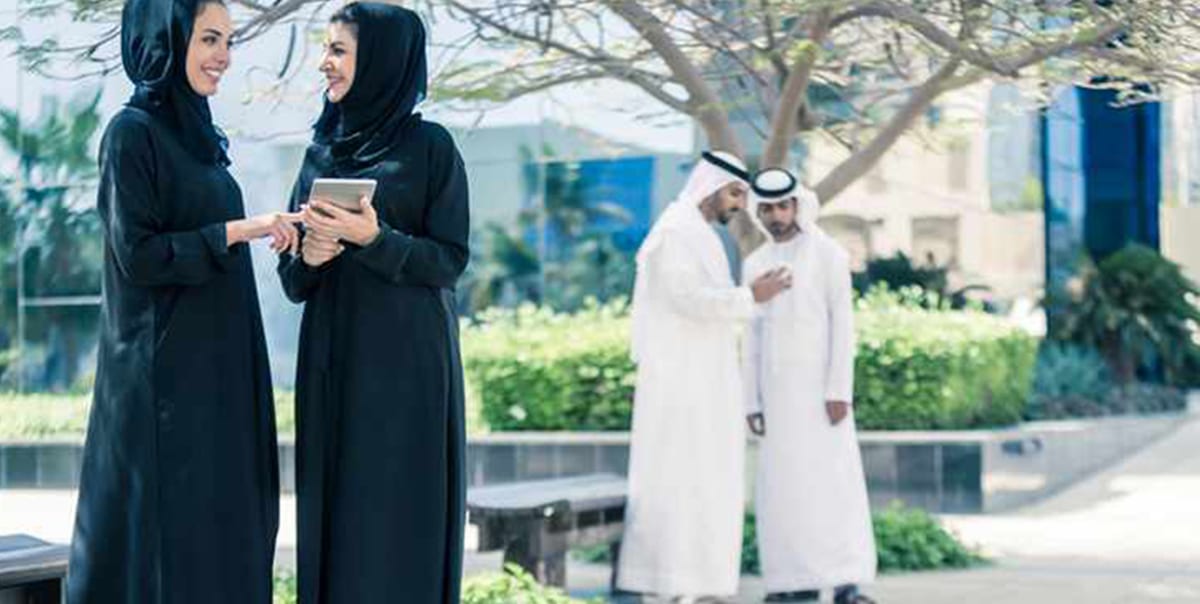
Children are raised differently, depending on whether they are male or female. Children only leave the house when they get married and generally only one of them stays at their parents' house to take care of them. A) Yes, Arab culture respects its elders. They are consulted on many issues, even when what they say is not necessarily accepted. Health systems in these countries are not usually good, so young women usually rely heavily on their mothers or mothers-in-law in raising their children.
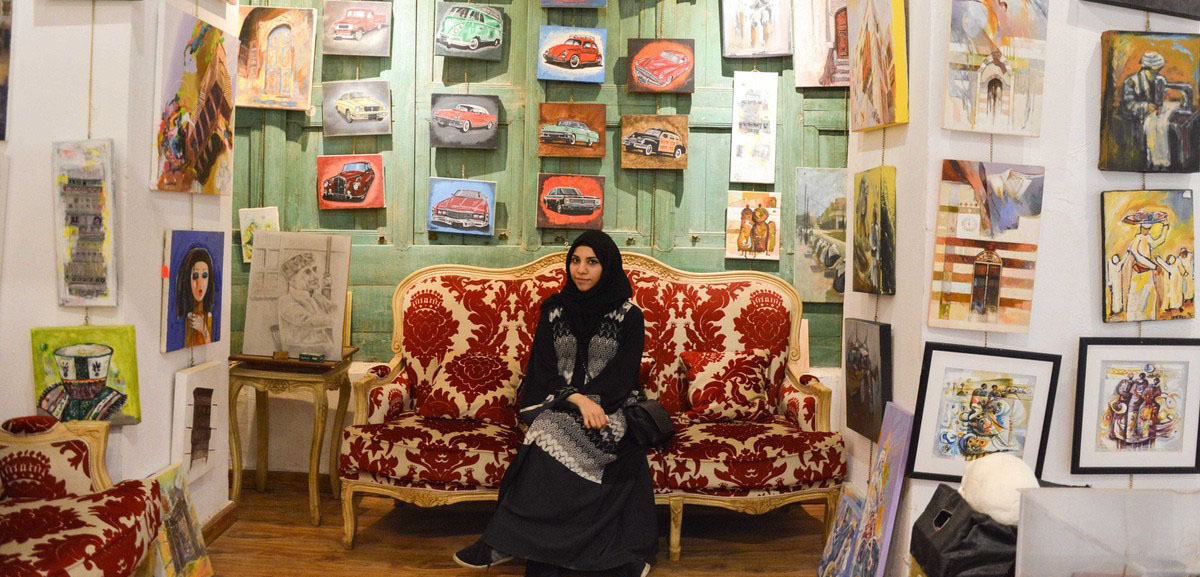
Arab culture too she is jealous of her privacy and family matters are rarely discussed lightly before just anyone. This privacy is translated into the architecture of the houses, where there are common areas where visitors can be received and areas where they will never enter.
How is the relationship between an Arab and a visitor? The usual thing is that if we enter a room where there are Arabs they get up to welcome us. Women are not touched, unless the Arab woman holds out her hand first, they are not spoken to either before they are introduced to you, and an Arab man is not asked about his wife or daughters.
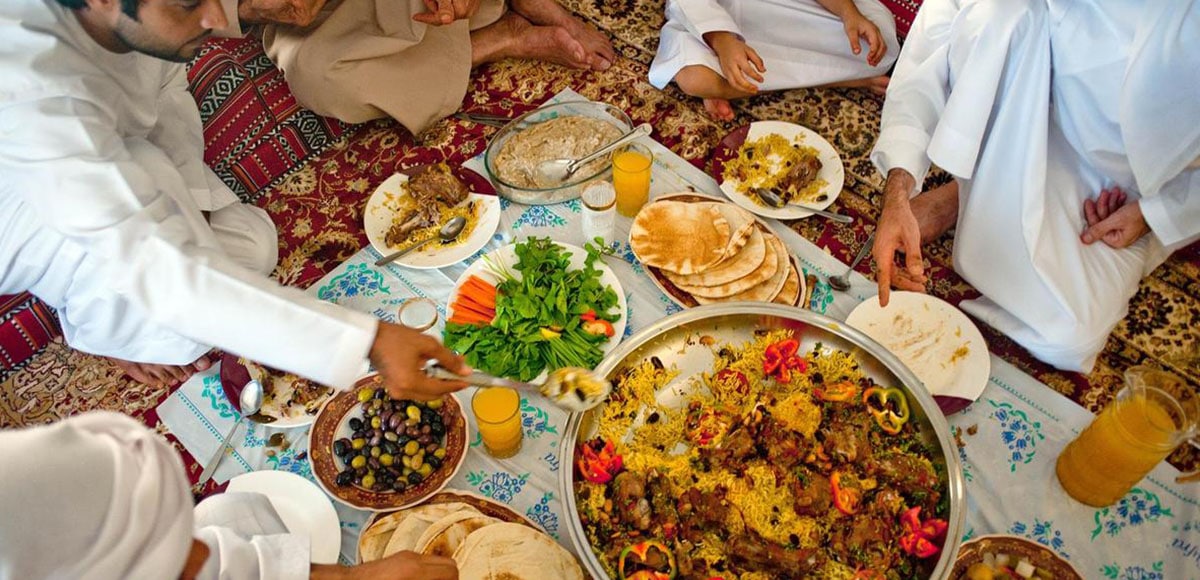
Bringing a gift, as in many other cultures, is the most polite thing to do. Do not refuse the invitation to drink and you have to always use your right hand when eating, drinking or passing food and drink. Food is important in Arab culture, sharing bread, eating fish and lamb.
Is there something different in the dress of the Arabs? The truth is that customs differ from country to country, sometimes there are national costumes or women must use the hijab or a Burqa hiding his whole body. In others, the clothes are quite Western.

Whatever, always it is correct to cover certain areas by virtue of modesty: shoulders and arms. That does not mean that the most modern girls, in the most modern countries, do not wear short-sleeved shirts or skinny jeans. But, yes, if we are going to travel to an Arab country we must pack modest clothes.
It is true that they are hot areas and one only wants to wear shorts but around here a woman never wears this type of clothing, and therefore, we are going to receive very negative attention. Perhaps Dubai or other countries in this area are more relaxed, but we must not forget what the Arab culture is like.
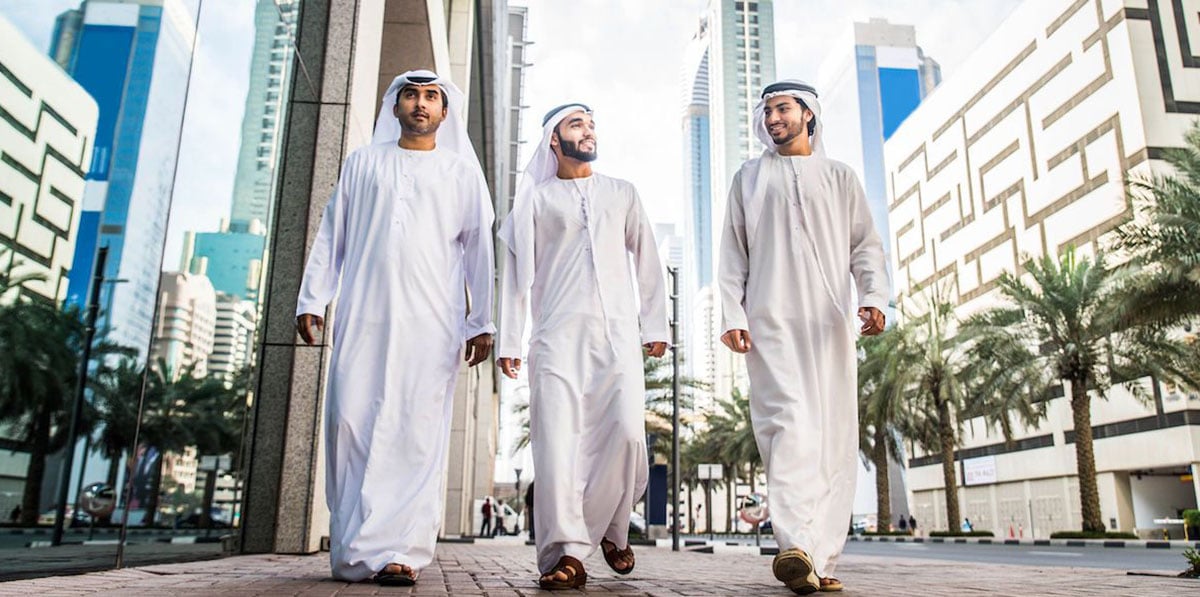
Now, beyond the characteristics that Arab culture has today, and super necessary when traveling, you have to know that Arab culture is rich wherever you look at it. The arabic literaturee is full of treasures, the same music and dance and since independence, in those that were colony of European countries, cinema. Learning a little from her is always good, because it enriches us.
Now, of course, as a woman there are many issues that I don't like. More today, that in many parts of the world we are fighting for our rights in such a macho world society. But I am optimistic and I try to not be so ethnocentric.
I prefer to think that culture is like language. We are all cultured insofar as we are carriers of one or another culture, and as long as that culture is alive it is always subject to change. The same as the tongue. Thus, the globalized world in which we live is pushing all those more traditional cultures to change. Hopefully the women who seek positive changes in these countries will be able to advance in their path.